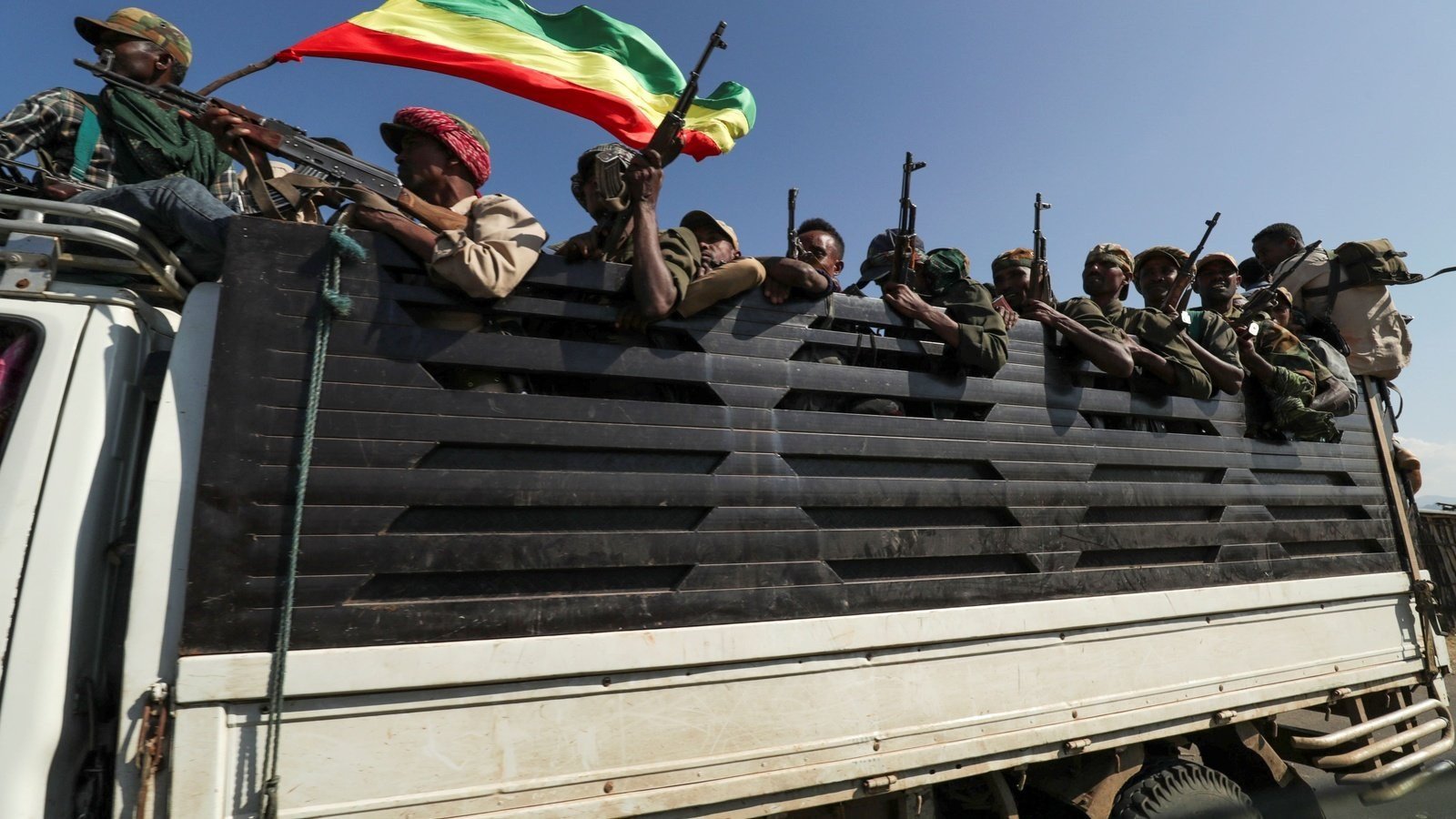Ethiopia: A Call For Peace
The Writers for Peace Committee (WfPC) of PEN International notes with concern the continuing war in the Tigray region of Northern Ethiopia and calls on all parties to immediately cease hostilities and pursue peaceful means to resolve the conflict.
The current round of hostilities began on 4 November 2020 after Prime Minister Abiy Ahmed issued a statement, following the seizure by the Tigray People's Liberation Front (TPLF) of a federal military base near Tigray's regional capital Mekelle, declaring that “the last red line has been crossed with this morning’s attacks and the federal government is therefore forced into a military confrontation”.
The war between the Ethiopian National Defense Force (ENDF) and the TPLF escalated soon afterwards. Hundreds of civilians have been killed and at least 40,000 refugees from Tigray crossed the border into Kassala, one of the most impoverished regions of Sudan. Reports have indicated that neighbouring Eritrea sided with Ethiopia, leading to its capital, Asmara being attacked by TPLF rockets on November 14 November 2020.
The United Nations and the African Union have both expressed concern in several declarations calling for the protection of civilians from hostilities and warning of critical shortages in the Tigray region. Both sides of the conflict have been accused of the mass killing of civilians – with reports indicating that around 600 civilians may have been killed, allegedly by Tigray fighters, at the village of Mai-Kadra on 9 November 2020, victims “who appear to have been day labourers in no way involved in the ongoing military offensive”, according to Amnesty International. This alleged massacre shows that there is a very high risk of the conflict spiralling into an intercommunal fight mainly between the Tigray and Amhara ethnic groups.
The WfPC decries the information blackout imposed on the Tigray region. The ongoing telephone and internet shutdown raises grave concerns on the real situation of the armed conflict, with claims and allegations hard to verify. It is imperative that at this stage, the Ethipioan authorities should urgently restore communication to the Tigray region. The Ethiopian people and the world at large have the right to know what is really going on in Tigray, as there are growing fears that ethnic cleansing is being conducted in the ongoing armed conflict.
The Tigray region is already home for more than 100,000 Eritrean refugees who are settled in five main refugee camps. Their lives and wellbeing desperately depend on monthly rations from United Nations High Commission for Refugees (UNHCR) and on the protection of Ethiopia’s Agency for Refugee and Returnee Affairs (ARRA). With the raging war, it has been reported that workers of the two agencies are being evacuated and the refugees are completely without supplies, including basic needs. We call upon the Ethiopian government to immediately open a humanitarian corridor for the UN and other humanitarian agencies to reach and provide the much needed help to the refugees caught in the crossfire.
We call on Ethiopian PM Abiy Ahmed, the 2019 Nobel Peace Prize Winner “for his efforts to achieve peace and international co-operation, and in particular for his decisive initiative to resolve the border conflict with neighbouring Eritrea” to immeditely rescind his rejection of appeals for peace talks by the AU.
The WfPC recognises that this is just the latest chapter in a longstanding and complicated regional conflict. Nonetheless the aggression shown by both Tigrayan and Federal Ethiopian forces is no way to solve a political problem. We call for a ceasefire and a peaceful political solution. We also call on neighbouring states to refrain from aggravating the hostilities; for free and accurate reporting to be facilitated; and for peace and reconstruction measures to be put in place. We also call upon the writers of Ethiopia and the Horn of Africa to come together in the cause of peace, to celebrate their writing with one other and to help heal the pain of their communities.

